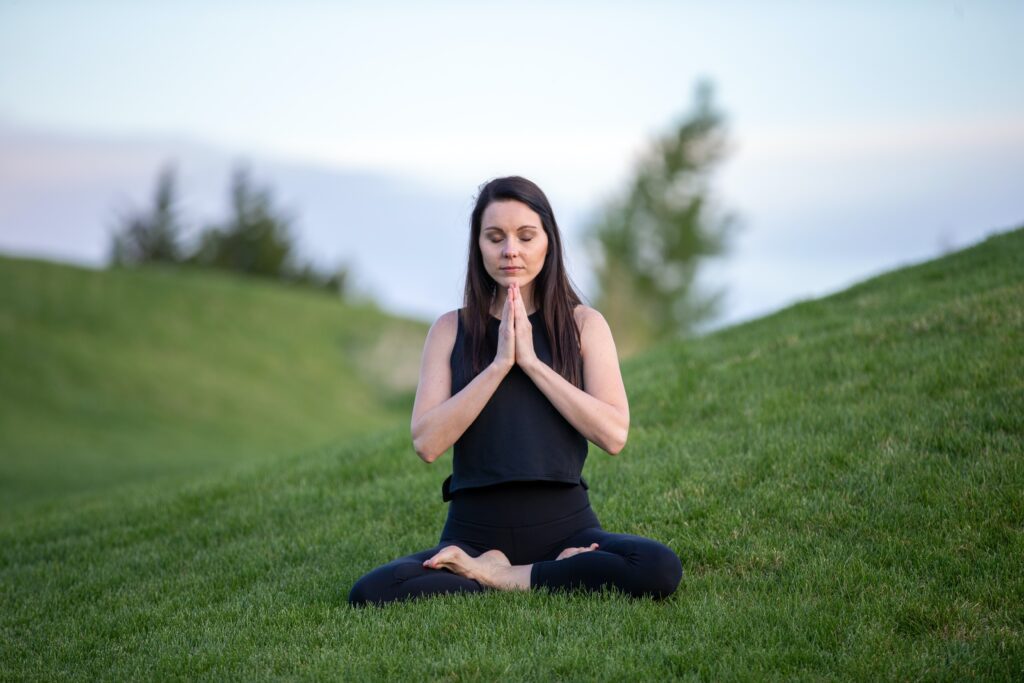Mental health is an important aspect of everyone’s life. Taking care of your mental health is equally essential as caring for your body. Having a healthy-mind results in healthy emotions and good social being. It also helps you handle stress, make healthy decisions, and tackle difficult situations. Regularly performing physical activities and exercises can have a significantly positive impact on your mental health. Engaging in the best exercises for mental health often gives positive results sooner.
List of Best Exercises for Mental Health
Here are some top exercises that have been shown to impact mental health positively:

Mindfulness Meditation: Mediation is another one of the best exercises for mental health. It brings the mind to the present moment. There is a saying, “Yesterday was history, tomorrow will be a mystery, today is a gift, that’s why it’s present.” Mindfulness meditation focuses on the present moment without judgment, so enjoy life’s gift.

Aerobic Exercises: Aerobic exercises are one of the best exercises for mental health. Activities like running, brisk walking, cycling, swimming, dancing, and aerobics elevate heart rate and release endorphins. These endorphins are essential for your body as they are natural mood lifters. They can help to reduce stress, anxiety, and depression and also improve your mood and overall cognitive function.

Yoga and Asanas: Yoga and Asanas are the best exercises for mental health as they reduce stress hormones and increase positivity in your mind. They combine physical postures, breath control, and meditation, making them excellent stress reduction and mental relaxation exercises. Yoga and asanas also promote mindfulness, self-awareness, and a sense of calmness in your mind and body.

Strength Training: Weightlifting and resistance exercises build muscle strength, increase energy levels, and boost self-esteem. Strength training builds a strong mind with a high confidence level. The sense of accomplishment from progressing in strength training positively impacts your mind and mental well-being. But doing excess strength training sometimes also results in overconfidence and ego.

Mindful Walking and Eating: Mindful walking is taking a walk in parks and gardens early morning or evening and paying attention to your surroundings. Being in the present moment, feeling the sights, air, sounds, and smells, is a form of mindfulness exercise. Additionally, mindful eating is another form of mindfulness exercise, where you avoid distractions and enjoy your meal by focusing on the food in front.

Tai Chi: Tai Chi is a complete system of Chinese martial art. It is a slow-motion exercise which enhances the awareness of the mind. The exercise couples slow, gentle movements with deep breathing and meditation. It improves balance, flexibility, and relaxation, reducing symptoms of anxiety and depression.

Team Sports or Group Classes: Participating in team sports or group exercise classes can provide social support, foster a sense of belonging, and improve mood through camaraderie and shared experiences. Taking, discussing, and being around some positive people will also enhance your mental health.

Dancing: Dancing provides physical benefits and promotes self-expression, creativity, and a release of pent-up emotions. It is a fun and effective way to relieve stress and anxiety. Dancing in front of crowds helps overcome nervousness and boosts confidence if performed well.

Other Outdoor Activities: Spending time in nature, hiking, gardening, or participating in sports has also been associated with reduced symptoms of depression and improved mental well-being. Sports are one of the best exercises for mental health as engaging in sports offers positive competition with peers, and losing and winning teaches many things about life.

Low-impact Exercises: For individuals with physical limitations, low-impact exercises like gentle stretching, water aerobics, or tai chi can still provide mental health benefits without putting excessive strain on the body.
Digital Detox
Research shows that heavy social media platforms strongly associate with an elevated risk of depression, anxiety, sadness, loneliness, self-harm, and even suicidal ideation. They also caution against the harm that excessive social media use can do to young people’s mental health. Social Networking encourages unfavourable feelings like inadequacy about appearance and life.
Conclusion
In conclusion, regular physical activities and staying away from social media for some time can enhance your mental health. But remember that the most effective exercise for mental health is the one you enjoy and can consistently incorporate into your routine. It’s important to note that exercise is not a replacement for professional mental health treatment but can be a valuable complementary approach. It’s always a good idea to consult with a healthcare professional before starting any new exercise program, especially if you have any existing health conditions.




